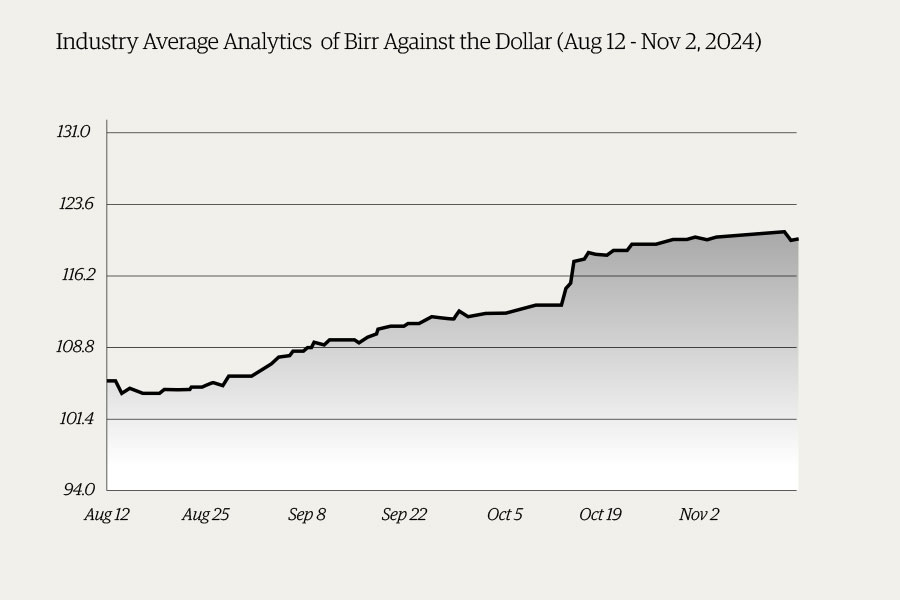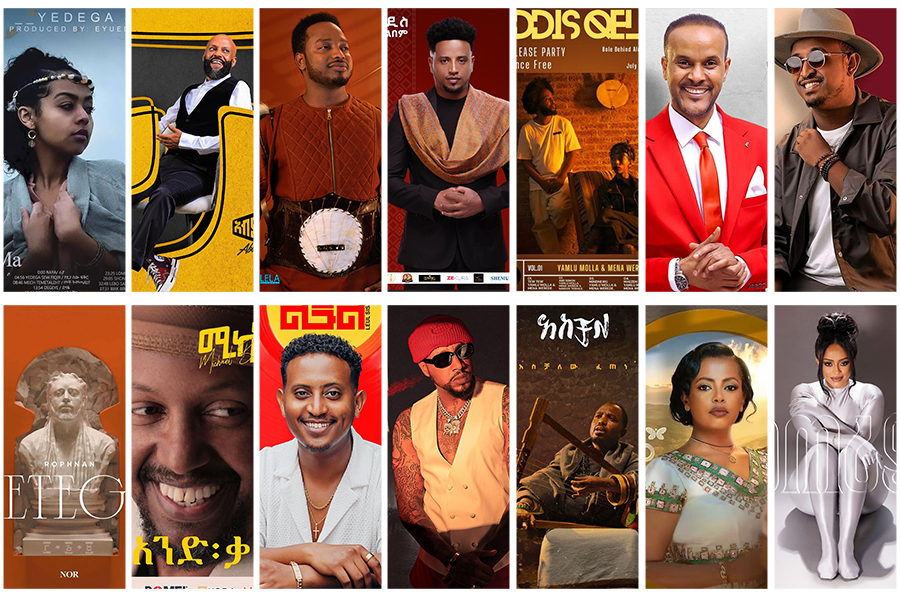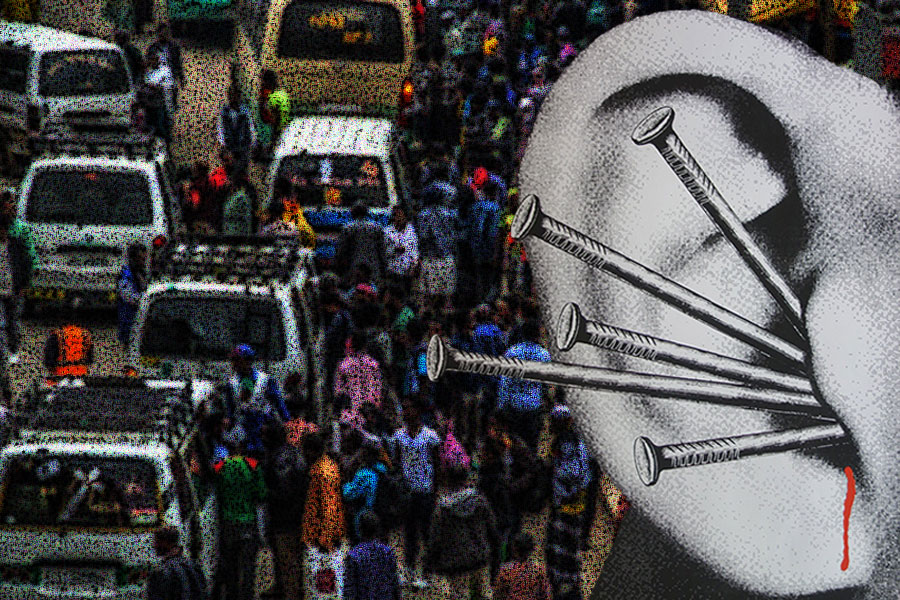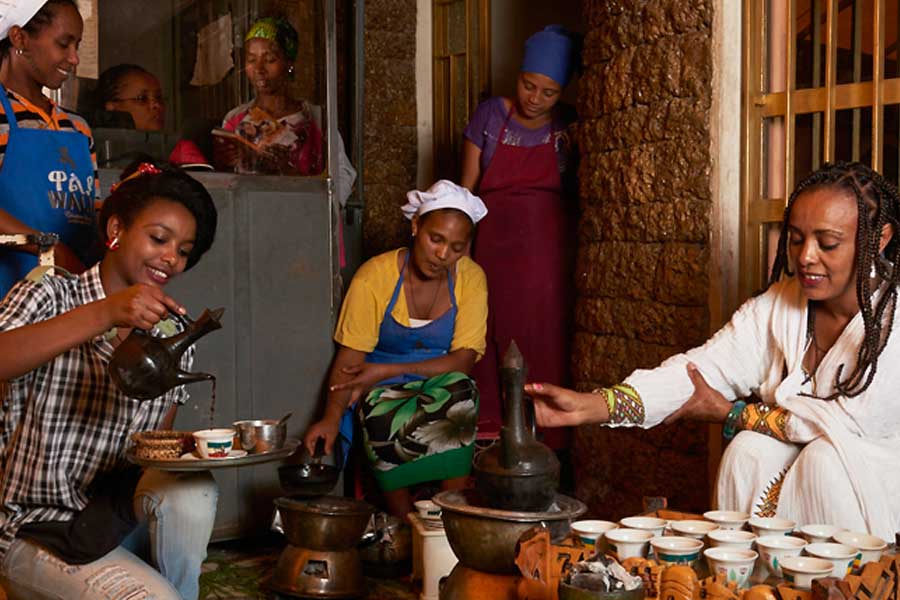
Commentaries | Jun 19,2021
Jul 31 , 2021
By Kidist Yidnekachew
There are two epidemics in the music industry. One is not as bad but essential enough. Every week there is a musician that comes out with a song. This is good. Unfortunately, it is a repurposed song, originally performed by some singer from decades ago. Since the older song is known, at least in passing, the re-recorded music sounds catchy right away. Then we find out that it was originally sung by someone else, usually someone that passed away a long time ago.
The new song, recorded with better instruments, is not that better mostly. The only difference is that they have a splashy clip, which brings us to the second epidemic – the increasingly familiar portrayal of women in Ethiopian music.
The other day, I watched a music video on TV, mesmerised by the artist's voice, melody, and lyrics. Out of nowhere, a woman with a skintight top and jeans that were too short pops up. She seemed out of place. The only reason why they must have put her in the music video is to get the attention of viewers, especially male ones.
These days, one can open nearly any clip and find girls – yes, girls as some of them seem to be very young – in a skimpy outfit that barely covers their body. They do have the right to dress the way they like. What is alarming is the producers of these music videos actively seeking them for exhibition in this manner. It is as if this makes up for the artists' lack of talent and poor lyrical content. Even a song that does not have anything to do with partying or clubbing has women showing off some part of their bodies
Why do directors, producers or whoever is in charge of making music videos think that this is the only way to get viewers' attention? Why do women have to be objectified to make a song or its artists more popular?
Sure, the women may be getting paid for participating in the video, and none of them are likely appearing in clips without their consent. The problem is that the music industry is creating an environment where women have few other opportunities to be noticed short of allowing themselves to be objectified by predominantly male producers and artists for the pleasure of the male members of the audience.
It is not only the music industry but the media as a whole. Being in media myself, I have heard multiple stories of talented women denied the opportunity because they refused to sleep with either the director or the producer. Some have sacrificed themselves to make it into the industry. The casting couch is not an urban myth.
Had I been asked a few years ago, I would have said that dressing in a revealing manner is what gets the attention of men and to be beautiful meant to reveal some parts of my body. Now, I have a different perspective, perhaps because I am married with children. A woman’s beauty always shines, whatever she is wearing. She does not need to reveal her body parts to be seen as attractive. If anything, she attracts the wrong kind of men and attention by objectifying herself.
Some men say they like women who dress in that manner. Whenever they see their own sisters doing it, though, they change their minds and feel embarrassed. I could also not imagine fathers being comfortable seeing their daughters depicted in the way they are in the music videos being made these days.
Women should not be used as trophies to display to get ahead in the market and portray them as just pretty faces with skinny physiques. Make a music video that does not degrade a woman’s worth and makes little children grow up believing that the overtly sexualised version shown is the definition of beauty. The fact that this has to be said is depressing in and of itself.
PUBLISHED ON
Jul 31,2021 [ VOL
22 , NO
1109]


Commentaries | Jun 19,2021

Commentaries | Oct 31,2020

Money Market Watch | Nov 16,2024

Featured | Sep 09,2024

Featured | Jan 19,2024

Fortune News | Feb 20,2021


Fortune News | Sep 08,2024

Viewpoints | Feb 19,2022

Sunday with Eden | Mar 13,2021

My Opinion | 131770 Views | Aug 14,2021

My Opinion | 128153 Views | Aug 21,2021

My Opinion | 126099 Views | Sep 10,2021

My Opinion | 123721 Views | Aug 07,2021

Dec 22 , 2024 . By TIZITA SHEWAFERAW
Charged with transforming colossal state-owned enterprises into modern and competitiv...

Aug 18 , 2024 . By AKSAH ITALO
Although predictable Yonas Zerihun's job in the ride-hailing service is not immune to...

Jul 28 , 2024 . By TIZITA SHEWAFERAW
Unhabitual, perhaps too many, Samuel Gebreyohannes, 38, used to occasionally enjoy a couple of beers at breakfast. However, he recently swit...

Jul 13 , 2024 . By AKSAH ITALO
Investors who rely on tractors, trucks, and field vehicles for commuting, transporting commodities, and f...

Jul 5 , 2025
Six years ago, Ethiopia was the darling of international liberal commentators. A year...

Jun 28 , 2025
Meseret Damtie, the assertive auditor general, has never been shy about naming names...

Jun 21 , 2025
A well-worn adage says, “Budget is not destiny, but it is direction.” Examining t...

Jun 14 , 2025
Yet again, the Horn of Africa is bracing for trouble. A region already frayed by wars...

Jul 6 , 2025 . By BEZAWIT HULUAGER
The federal legislature gave Prime Minister Abiy Ahmed (PhD) what he wanted: a 1.9 tr...

Jul 6 , 2025 . By YITBAREK GETACHEW
In a city rising skyward at breakneck speed, a reckoning has arrived. Authorities in...

Jul 6 , 2025 . By NAHOM AYELE
A landmark directive from the Ministry of Finance signals a paradigm shift in the cou...

Jul 6 , 2025 . By NAHOM AYELE
Awash Bank has announced plans to establish a dedicated investment banking subsidiary...